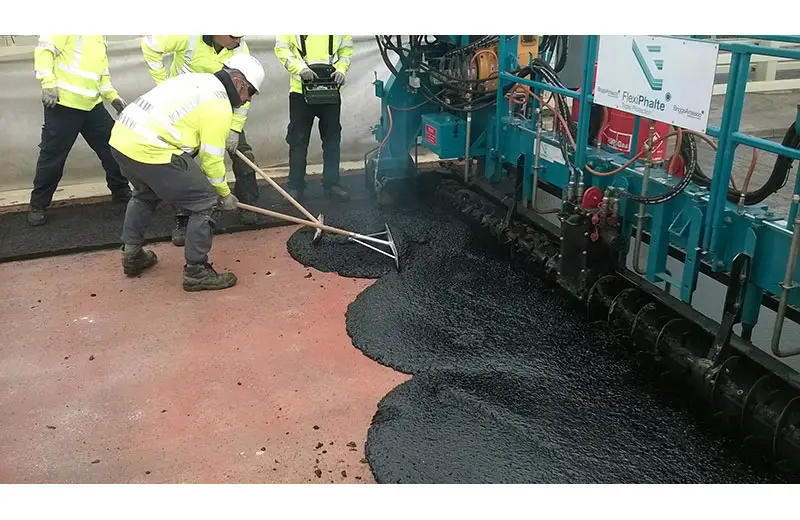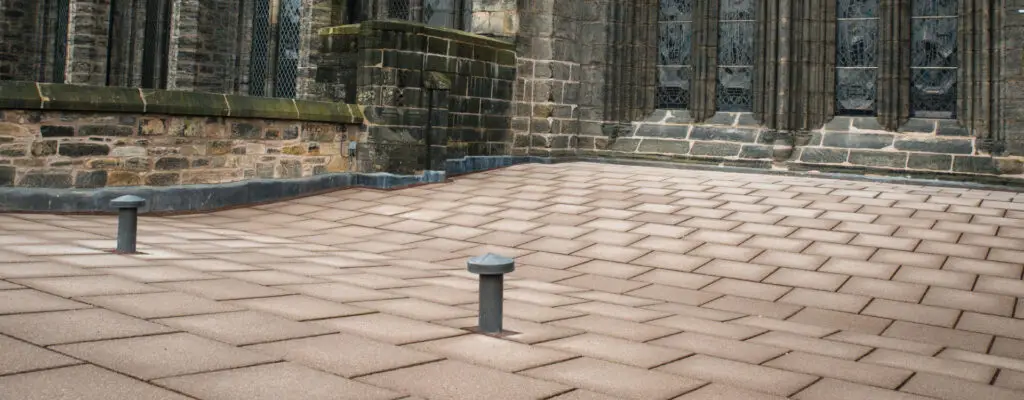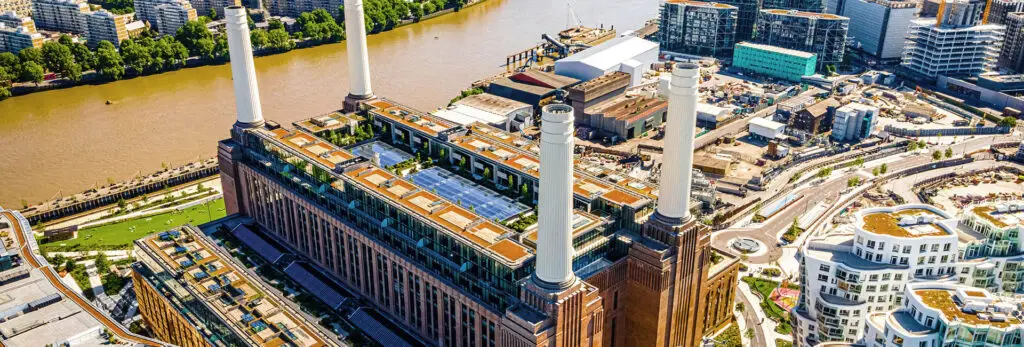The Mastic Asphalt sector is leading the way in showing how the UK construction industry can mitigate its environmental impact.
For well over a decade the sector has met the CarbonZero standard, contributing to projects that reduce greenhouse gas emissions and support local communities around the globe. All of this work contributes to the country’s target of net zero carbon emissions by 2050.
Mastic Asphalt is a material that has been used for centuries. By taking responsibility for its environmental impact, the Mastic Asphalt industry seeks to ensure that its product can continue to be specified.
What is the CarbonZero standard?
All human activities have an environmental impact. The UK Green Building Council attributes around 10% of the UK’s carbon dioxide emissions to the construction industry, while our built environment as a whole contributes around 40% of emissions.
The first step in emissions reduction is reducing them at the source, through more efficient processes. Carbon offsetting can then be used to mitigate unavoidable residual emissions, rather than being a means to justify inefficiency.
The CarbonZero standard was developed by CO2balance, who offer internationally approved carbon credits to organisations looking to make that last step in achieving their emissions goals.
The credits support projects developed under the Gold Standard Foundation, and which reduce emissions while also contributing to the UN’s sustainable development goals.
Projects supported by the CarbonZero Mastic Asphalt sector
The Mastic Asphalt Council (MAC) is the trade association for the UK Mastic Asphalt industry. It represents more than 90 companies, including manufacturers and contractors, as well as suppliers of equipment and services associated with Mastic Asphalt.
It is common for individual companies to use carbon offsetting, but the Mastic Asphalt Council’s decision in 2008 to meet the CarbonZero standard as a whole represented a world first.
CO2balance operates two regional offices in Kenya and Uganda, from where it supports projects across sub-Saharan Africa. Working with CO2balance IKO is proud to have contributed to providing energy efficient stoves to communities in Kenya, and rehabilitating boreholes in northern Uganda.
Through using more energy efficient brick stoves, villages in Kenya reduce their consumption of firewood by 50%. This has multiple benefits alongside the reduced emissions from burning less firewood, including reduced deforestation and better air quality inside homes.
Because the project has been assessed to the Gold Standard, IKO and our customers can be confident that the project is having a positive impact on the lives of the people it is supporting.
In Uganda, rehabilitating boreholes supplies families with fresh, clean water. No longer having to boil water to make it safe reduces firewood consumption.
Carbon credits purchased to support this project not only rehabilitates the boreholes, but it also puts in place a funding mechanism to support a long-term maintenance programme.
Done poorly, carbon offsetting can result in a ‘rebound’ effect where projects actually cause changes to local customs and culture that can result in other activities which actually increase carbon emissions overall. CO2balance’s work seeks to achieve long term success for the people and communities it benefits.
What are the other sustainability credentials of Mastic Asphalt?
As part of individual responsibility to reduce carbon emissions before relying on carbon offsetting, specifying Mastic Asphalt can contribute to the sustainability of construction projects. It provides a robust and seamless waterproofing for roofs and a resilient working surface for flooring and walkways.
Mastic Asphalt is an exceptionally durable material, suitable for new-build and refurbishment projects. It offers a typical service life of 50 to 60 years but often lasts for considerably longer.
At St. Paul’s Cathedral in London, for example, Mastic Asphalt waterproofing has been in service for a century. This durability and robustness reduce the frequency of repair and replacement work, keeping emissions down in the long-term.
IKO products have been used on diverse and prestigious projects, including Westminster Cathedral and Tower Bridge in London and the Grade I-listed Round Tower in Portsmouth.
We are on hand to provide project support at all stages, from design to construction – contact us to discuss your next project in detail. You can also find out more about the complete range of technical support services offered by IKO.



